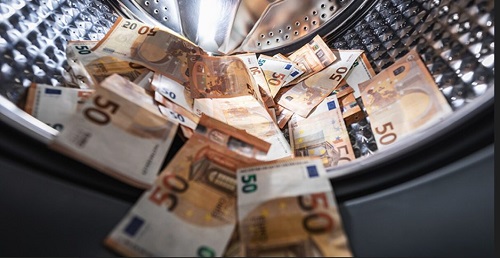This post has already been read 1940 times!
Many Gazans already lived in poverty before the war. Now, even those with money have found the conflict to be a terrible equaliser as they hunt in vain for shelter and basic supplies.
Since fleeing to the south of Gaza, Mohammed al-Mahdun, 36, has been looking for an apartment in Rafah near the Egyptian border for his two young children and 11 members of his extended family.
He would happily spend $1,000 a month — a small fortune by Gazan standards — but nothing is available.
“We’re not looking for anything fancy… but money has become meaningless,” Mahdun, an accountant, told AFP.
Mahdun and his family fled Gaza City after their house was hit by an Israeli strike, he said.
With no fuel available, they had to leave their car behind and had no time to grab belongings. Mahdun eventually bought two items of winter clothing for three times the normal price.
“We came here on a journey of suffering and humiliation that is indescribable and impossible to forget. All the money in the world cannot compensate for what we went through,” he said.
“I feel helpless when my son asks me for something. He wants chocolate and crisps and I would pay any price to buy them for him, but it’s just not available. How will a child understand that the problem doesn’t come from me?”
– ‘We had a pool’ –
Gazans have been fleeing south in their tens of thousands by any means necessary — car, truck, horse-drawn cart, or on foot — turning Rafah into a sea of tents and makeshift shelters of wood and plastic sheeting.
There is no end in sight for the war, which began with Hamas’s unprecedented attack on Israel on October 7, triggering an Israeli air and ground offensive that has left Gaza in ruins and killed more than 18,400 people according to the Hamas-run health ministry.
Conditions for the poor have been powerfully documented by aid groups.
UN agency OCHA says they face “catastrophic circumstances,” with crowds waiting for hours around distribution centres for meagre supplies of water, food and medical aid, while disease runs rampant through the squalor, made worse by rain and flooding.
But the war has been a terrible equaliser, even for those with money.
In a gleaming new jeep, Abu Khaled, 47, sits with his mother, wife and children.
“We sleep in the car,” he told AFP. “We’ve park it next to the hospital so that it’s easier to go to the bathroom.”
He laughed bitterly: “We used to live in a villa with a pool. Now we’re on the street.”
– ‘Just paper’ –
Samar Mohammed, a 38-year-old teacher, fled to a friend’s home in Rafah with her husband and children, abandoning their 200-square-metre apartment in Gaza City.
“My car has been parked on the road for more than a month because of a lack of fuel,” she said.
“We have money, thank god, but the market is empty.”
Her husband is trying every avenue to get the family out of Gaza, but Egypt has barred exits, fearing a flood of refugees who may never be allowed to return.
The family has been told they could pay thousands of dollars in bribes to get out.
“We’re ready to pay but haven’t found anyone we trust not to steal from us,” said Mohammad.
She said many wealthy families were living in tents.
“Money has become just paper without any value. Even if you had a million shekels, you can’t protect your family.
“The rich and poor live right next to each other in tents, they eat the same food and drink the same drink, and no one has safety.”



